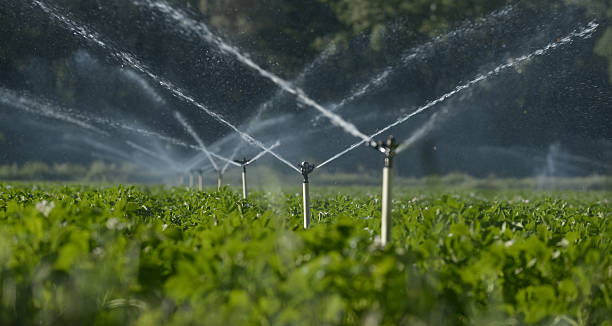A project to provide at least 1,000 residents of Pedro Plains, St Elizabeth with land titles is well advanced, Minister of Agriculture, Fisheries and Mining Floyd Green disclosed last Wednesday.
“We have had all our community consultations around our cadastral mapping and our surveyors are now out in the field, so we are going to bring titles to over 1,000 people as a part of that Pedro Plains irrigation project. Government has already ascribed in this budget, $700 million for that process. I was very happy to participate last week in the on-the-ground survey of our farmers which is happening now to find out what they are planting and when we bring the irrigation, how much land are they willing to put production,” he told the commissioning ceremony for National Irrigation Commission’s (NIC) operation centre and Rio Cobre office at 15 Barrett Street in St Catherine. The project will bring 4,000 hectares of land under irrigated water supply.
Green also disclosed that the Rio Cobre office is going to be responsible for implementing the Amity Hall irrigation system and that is bringing 300 hectares under irrigation.
“We are about 95 per cent completed in relation to our pipe-laying in Amity Hall and in relation to our pump houses. In fact, all our pump houses have already been built, we are now in the process of getting our pumps,” he disclosed.
Green pointed out that the agricultural sector is susceptible to the evolving extreme weather conditions which was reflected in the period between October 2023 and this year being the driest months ever recorded in Jamaica’s history.
“This summer represents the highest temperatures, not just here in Jamaica, but right across the world, the member of Parliament for St Elizabeth South Western reminded his audience. Meanwhile, member of the board of directors of the National Irrigation Commission Limited, Theresa Turner-Flynn, pointed out that the expansion being done is in keeping with the strategic objective of the agriculture ministry to expand and increase access to irrigated agriculture in Jamaica.
“The NIC is poised to contribute further to the development of rural communities and thousands of farm families. Our policies will continue to be customer-centric and in line with international best practices. I encourage the NIC staff to use the building as a catalyst for positive change, a place where innovation and hard work lead to sustainable development.”



